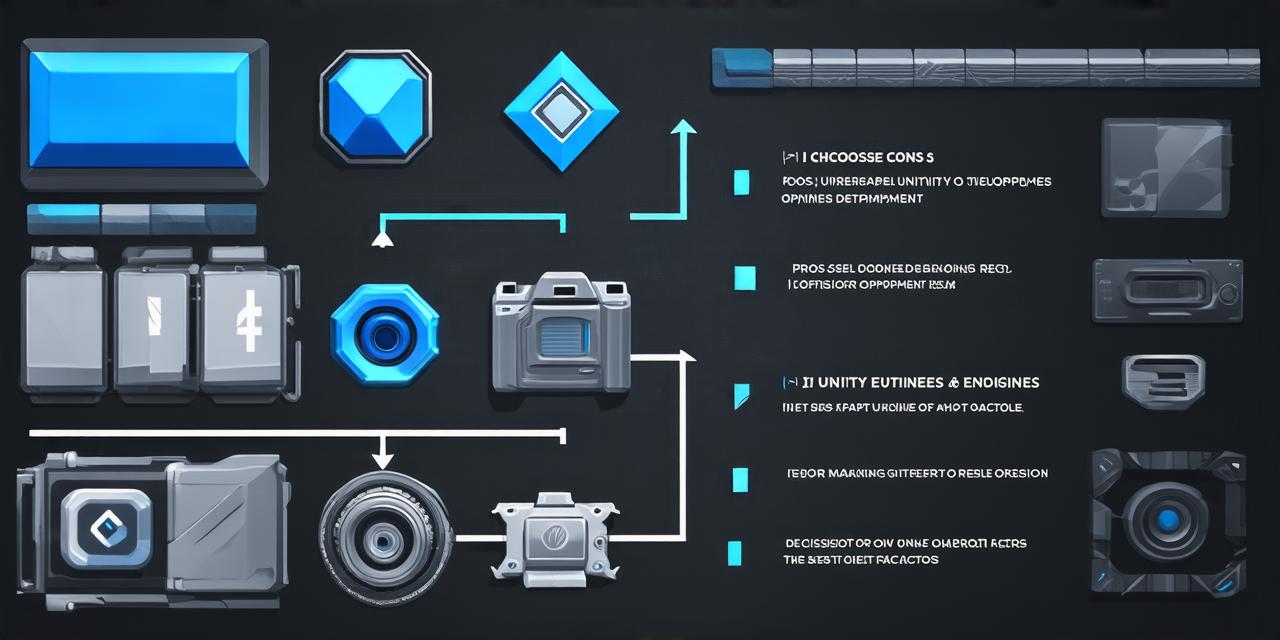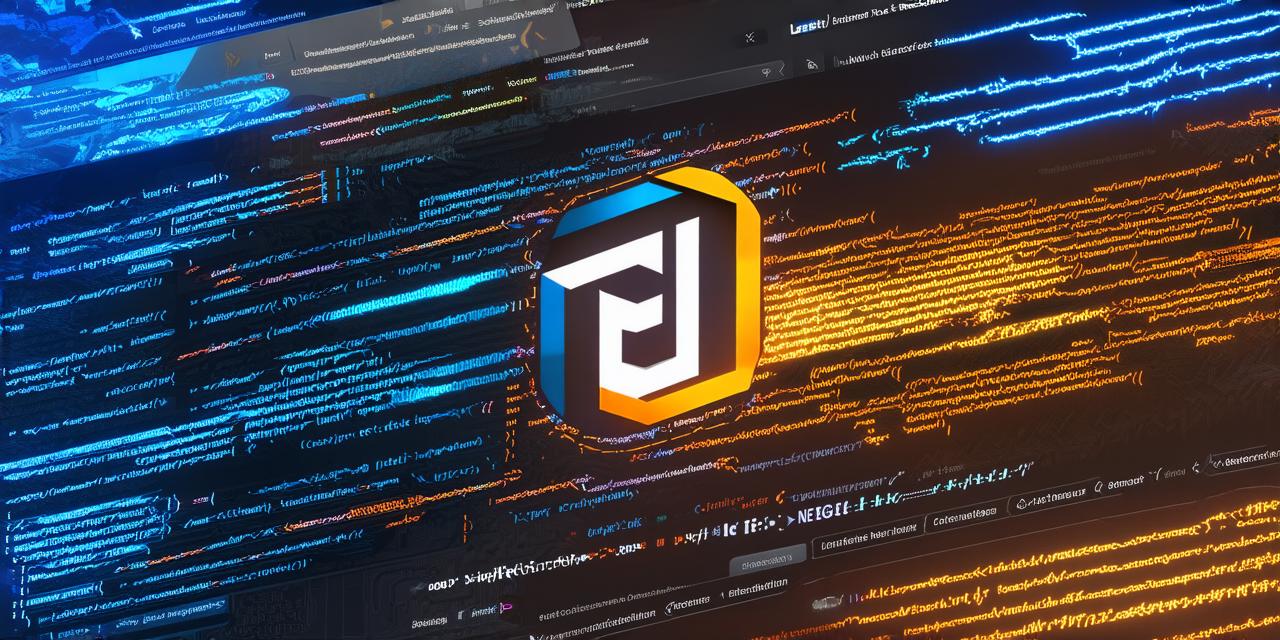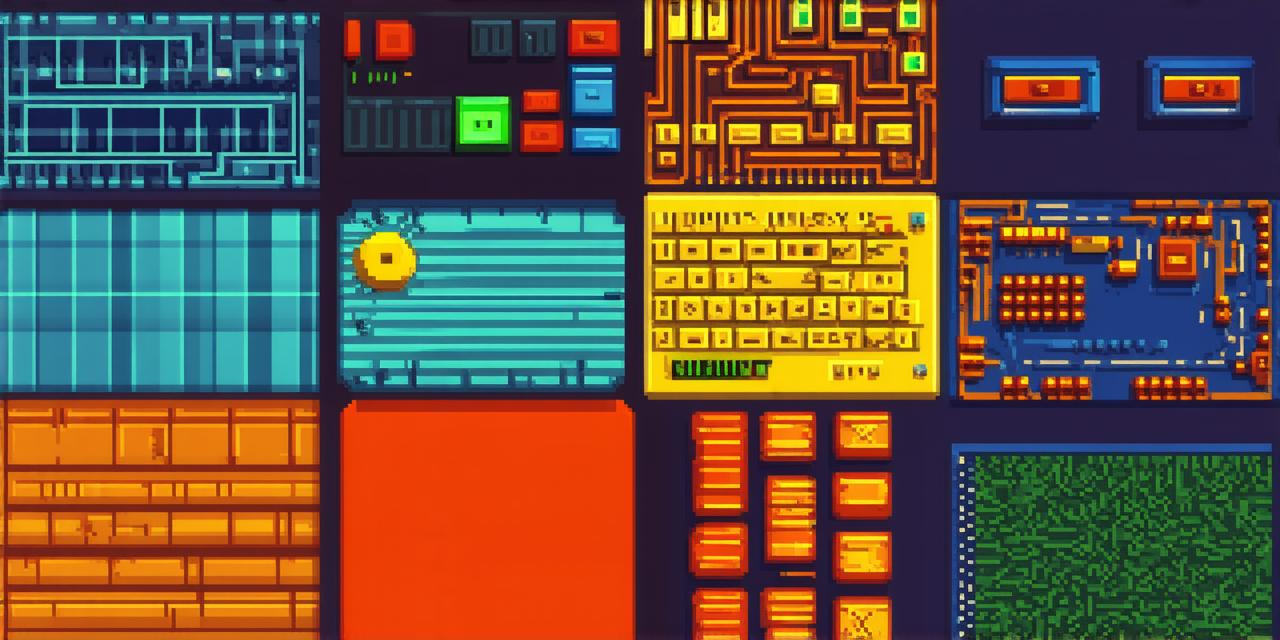Introduction
The world of 3D development is rapidly expanding, with new tools and technologies emerging every year. Two of the most popular game engines used in the industry are Unity and Unreal Engine. While both engines have their own unique features and capabilities, choosing between them can be a difficult decision for many developers. In this article, we will explore the key differences between Unity and Unreal Engine and help you make an informed decision on which one to choose for your 3D development project.
Unity vs. Unreal Engine: What are the Key Differences?
1. Performance
One of the main factors that developers consider when choosing between Unity and Unreal Engine is performance. Unreal Engine is generally considered to be faster and more powerful than Unity, especially when it comes to handling complex graphics and animation. However, this can come at a cost, as Unreal Engine requires more resources to run smoothly, making it less suitable for lower-end systems.
2. Graphics Capabilities
Unreal Engine is known for its stunning visuals and advanced graphics capabilities, thanks to its use of physically-based rendering (PBR) and other cutting-edge technologies. This makes it an excellent choice for creating high-quality games and other 3D applications that require a realistic look and feel. Unity, on the other hand, is more flexible in terms of graphics options, with support for both PBR and traditional 2D rendering techniques.
3. Learning Curve
Both engines have their own unique learning curves, but Unreal Engine is generally considered to be more difficult to master due to its steep learning curve and complex interface. This can make it less suitable for beginners who are just starting out in the world of 3D development. Unity, on the other hand, has a more intuitive interface and is generally easier to learn, making it a popular choice for beginners and experienced developers alike.
4. Community Support
Both engines have large and active communities of developers, but Unreal Engine’s community tends to be more focused on high-end game development and advanced graphics techniques. This can make it more difficult for beginners to find support and resources when working with Unreal Engine. Unity, on the other hand, has a more diverse community that includes both beginners and experienced developers, making it easier for newcomers to get help and advice when needed.
5. Cost
Both engines have their own pricing models, with Unreal Engine being more expensive than Unity, especially for larger projects. However, Unreal Engine also offers more advanced features and capabilities, making it a better choice for larger projects that require more power and flexibility. Unity, on the other hand, is more affordable and suitable for smaller projects or those with limited budgets.
Case Studies: Real-World Examples of Successful Unity and Unreal Engine Projects
1. Epic Games’ Fortnite
Fortnite is one of the most popular games in the world, with millions of players worldwide. The game was developed using Unreal Engine, which provided the advanced graphics capabilities and powerful performance needed to create an immersive and engaging experience for players.
2. AAA Game Studios’ Titanfall 2
Titanfall 2 is a highly-acclaimed first-person shooter that was developed using Unity. The game features stunning graphics, smooth gameplay, and intuitive controls, thanks to the flexibility and performance offered by Unity.
3. Samsung’s Galaxy Gear VR
The Samsung Galaxy Gear VR headset was developed using Unreal Engine, which provided the advanced graphics and performance needed to create a realistic and immersive virtual reality experience for users.
4.





